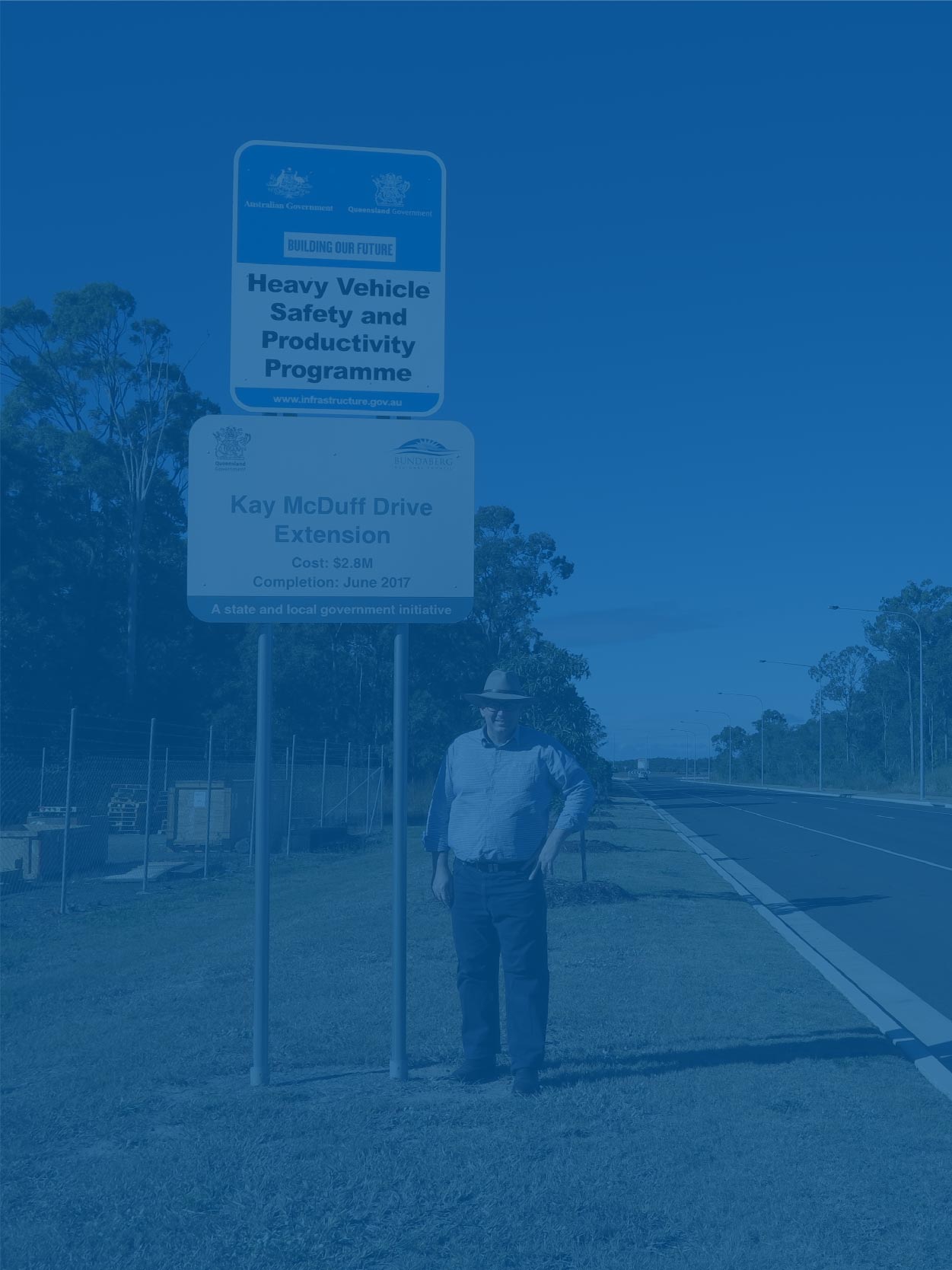Tuesday, 30 August 2022
Opinion Piece: Not even a fig leaf to cover Labor’s union pay off
According to the Australian Bureau of Statistics, 14 percent of employees (1.4 million) were trade union members in 2020. Since 1992, the proportion of employees who were trade union members has fallen from 40 percent to 14 percent. In comparison, 100 percent of the Federal Labor Party are union members. It’s a mandatory requirement for Labor members of the House of Representatives and Senators. I’m told their union representative has to check Labor members ballots before major votes to ensure they’re voting as instructed by their union.
So, when it comes to the jobs and skills talk-fest forgive me for my scepticism. Peter Dutton has it right in avoiding any association with the jobs summit, Labor would only claim attendance as an endorsement. This is an exercise in providing cover for Anthony Albanese and Federal Labor to implement the union’s demands, demands that were likely agreed prior to the election. Unlike his predecessor Bill Shorten who was upfront on Labor’s radical plans, these proposals were kept quiet.
Here are some of the Australian Council of Trade Unions (ACTU) demands so far (straight from their submission):
- Regulate labour markets so that real wages rise in tandem with labour productivity and support the maintenance of full employment.
- Use targeted tax measures to cool off aggregate demand pressures in fairer ways. This includes considering: An excess profits levy on companies enjoying windfall profits as a result of current inflation, Taxation reform to encourage business capital investment and deter distributions of dividends and share repurchases by Australian corporations, and;
- Cancelling the planned Stage Three tax cuts which only benefit higher-income households and will exacerbate inflationary pressures.
In summary, higher taxes, more regulation of union involvement and a direct attack on the earnings of self-funded retirees, Australian shareholders, and super funds.
The ACTU proposal aims to reduce profits and stop those profits being distributed to shareholders, which in many cases are hard-working Australians and their super funds. We’ve also seen demands from unions to charge non-union members for any pay increases that occur or deals that are struck. Think it won’t happen?
Let’s look at what promises have already been broken by the Albanese Government:
- Australians are safe in assuming Labor’s promised $275 reduction in electricity prices is in the rear vision mirror.
- Chris Bowen has announced fuel standards will be changed, even though Labor promised this would not happen, and to a standard that Australia’s last two fuel refineries aren’t able to produce.
- Electric vehicle subsidy’s will be provided for those that can access them through Fringe Benefit arrangements and according to Labor’s own modelling 3.8 million homeowners will be required to install EV chargers.
This all adds up to a dangerous time for the Australian economy. No one begrudges hard-working Australians a pay rise, but all things are about balance. If businesses aren’t profitable, they close and don’t employ anyone. If employers don’t pay the market rate they can’t get staff, making them unprofitable and they close and don’t employ anyone. In an Australia where the unemployment rate is 3.4 percent the question is not how much, but how many. Employers across the country are desperate for people and are willing to pay to get the right ones.
Jobs Summit talk is cheap. The real test will be the October budget and the damage Federal Labor does to regional Australia through budget cuts.
Government’s job is to provide the structures, in both a regulatory and a connectivity sense, that make business and the country successful. It is the roads, dams, railways, and ports that strengthen the economy. It is reliable and affordable energy that provides our competitive edge internationally. It is the hard-working men and women of Australia that make it happen.
When it comes to the talk fest this week and Union demands, the 1960’s have called, and they want to their industrial relations policies back.
Keith Pitt MP
Federal Member for Hinkler





